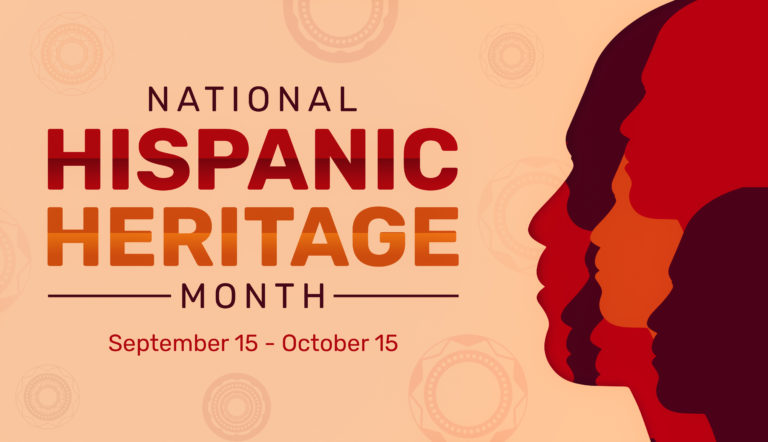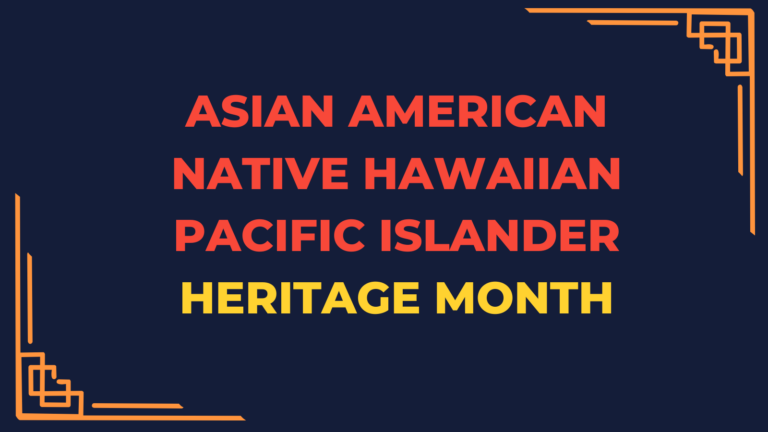June 2023 marked the first Immigrant Heritage Month, celebrating the contributions of immigrants to…
Why AANHPI Heritage Month Is a Call to Action Not Just Celebration

May was officially designated as Asian Pacific American Heritage Month in 1992 to honor two significant historical milestones: the arrival of the first Japanese immigrants to the United States on May 7, 1843, and the completion of the transcontinental railroad largely built by Chinese laborers on May 10, 1869. These events mark foundational contributions of Asian American, Pacific Islander, and Native Hawaiian (AAPINH) communities to the fabric of our nation.
Yet, this month of recognition feels far from celebratory in light of recent developments. The Alien Enemies Act of 1798, an archaic law with a deeply troubling legacy, has resurfaced in deliberations before the highest court in our country. This law was used during World War II to justify the forced incarceration of more than 120,000 Japanese Americans. Most of those incarcerated were U.S. citizens, targeted solely because of their ancestry.
Today, while the Court has temporarily prevented the law’s reactivation, its presence in legal discourse is a sobering reminder of how fear and xenophobia can once again threaten civil liberties.
For families like mine, who lived through this injustice, the reemergence of this law is personal. It’s a painful echo of the past, and a warning about how quickly history can repeat itself. May is also Mental Health Awareness Month. The toll discrimination, racisms, and the question of: “no, where are you really from?” have lasting consequences and the root of intergenerational trauma in the AAPINH community. We need to remember, speak out, and act.
This AAPINH Heritage Month is a unique rallying cry for vigilance and civic engagement. We all have a role to play in defending the values of justice, equity, and inclusion. This isn’t just the responsibility of those directly impacted by discriminatory laws. It is a shared duty.
Now more than ever, leadership matters. And leadership isn’t a title; it’s a choice we make every day. To stay informed. To challenge harmful narratives. To support policies that protect marginalized communities. And to ensure that no one is ever again targeted because of their ancestry or perceived foreignness.
And in this moment, we must uplift and support women in leadership—especially AAPINH women and other women of color—who are rising to meet the challenges of our time with courage and clarity.
Women are leading movements, building coalitions, and passing legislation that safeguards our democracy. Whether they’re organizing at the grassroots or serving in elected office, women are not just participating in public life—they are reshaping it. They are proving every day that representation matters, and that leadership guided by empathy, accountability, and lived experience is exactly what our nation needs.
At a time when some are retreating from diversity, equity, and inclusion, let us choose to step forward.






